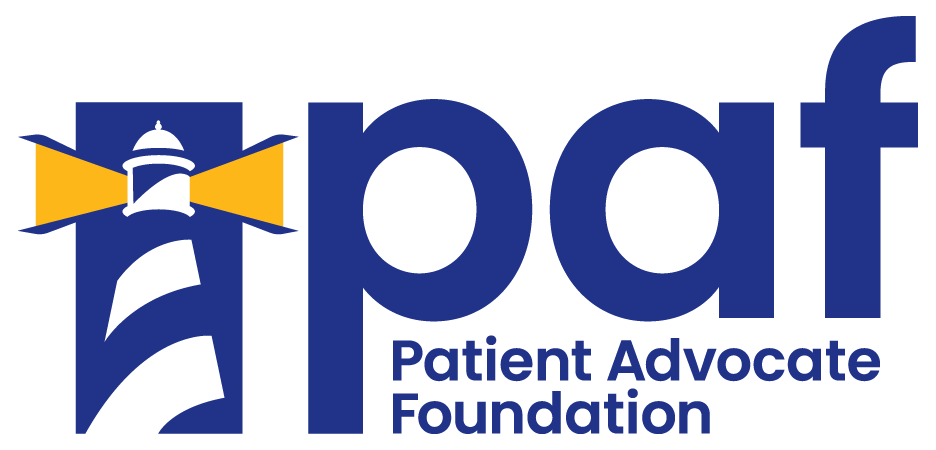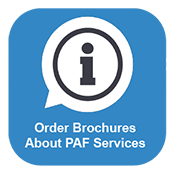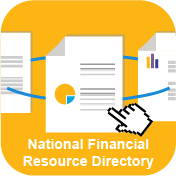Filing a Formulary Exception
Most health plans have a list of covered medications called a formulary that are chosen by a committee made up of doctors and pharmacists. This committee reviews medications based on how effective the medication is and its safety and value. Health plans have the option to change the formulary at any time, even in the middle of a plan year. If you need a medication that is not on your plan list, you can formally ask your insurer to cover the medication for you by submitting a “formulary exception.”
When faced with uncovered medications, you have an option to file a formulary exception with your insurance to request that they allow you coverage for the medication.
– Your doctor is your ally on this. Most plans require that your doctor submit a formulary exception on your behalf. The doctor will need to send paperwork to your health plan indicating the reason that you can’t take the preferred medications and must have one that is not currently on the formulary.
– There is typically specific paperwork that must be turned in as part of the exception process. Make sure to call your health plan and obtain copies of the correct forms to be submitted to make your doctor’s role easier and avoid delay.
Some plans allow formulary exceptions to be submitted online. Check your health plan’s website to see if you have the ability to file electronically.
Scenarios Where Formulary Exceptions are Common:
• You have an allergy or had a bad reaction to alternative medications on the formulary
• Alternate medications did not work with your condition
• Your doctor has decided the medication choices available in the formulary are not appropriate for you and the one that was prescribed is medically necessary
• Your doctor believes the use of a formulary medication may escalate an underlying medical condition
Factors to Consider:
– Once the exception is filed, the plan should provide a decision within 72 hours. If your doctor feels that you not having the medication could put you in serious harm, an “urgent” or expedited request can be filed, and a decision would be made by your health plan within 24 hours.
– If your formulary exception is denied by your health plan, you may have the right to appeal and ask for a reconsideration. Call your health plan regarding the denial and find out if you have appeal rights, and if so, what your timeline is for submission.
– A formulary exception may also be utilized if the drug your doctor prescribed is actually on the formulary but is subjected to restrictions such as a quantity limit or a dosage limit that your doctor believes should not apply to you.
– Newly approved medications will most likely not be added to your plan’s formulary immediately after their FDA approval. If your doctor feels that a brand-new drug is the best treatment for you, a formulary exception may be necessary for you to access the medication.
Want to learn more? Check out our publication Exploring Drug Tiers and Formulary Exceptions.










